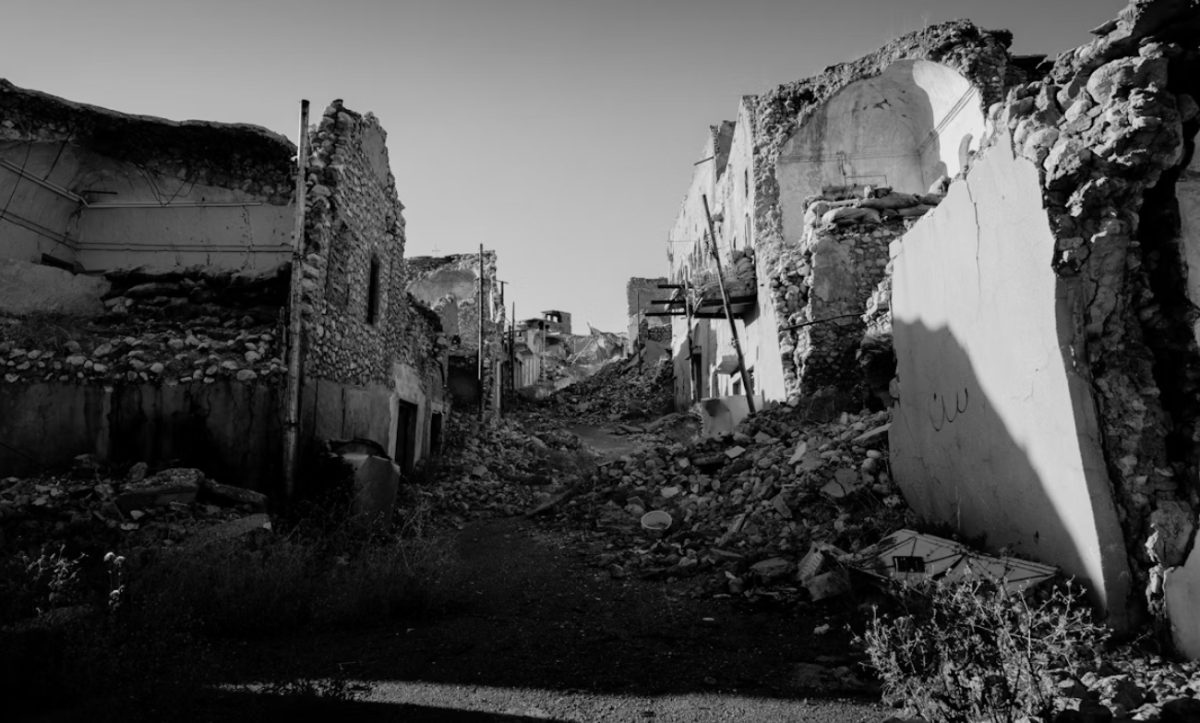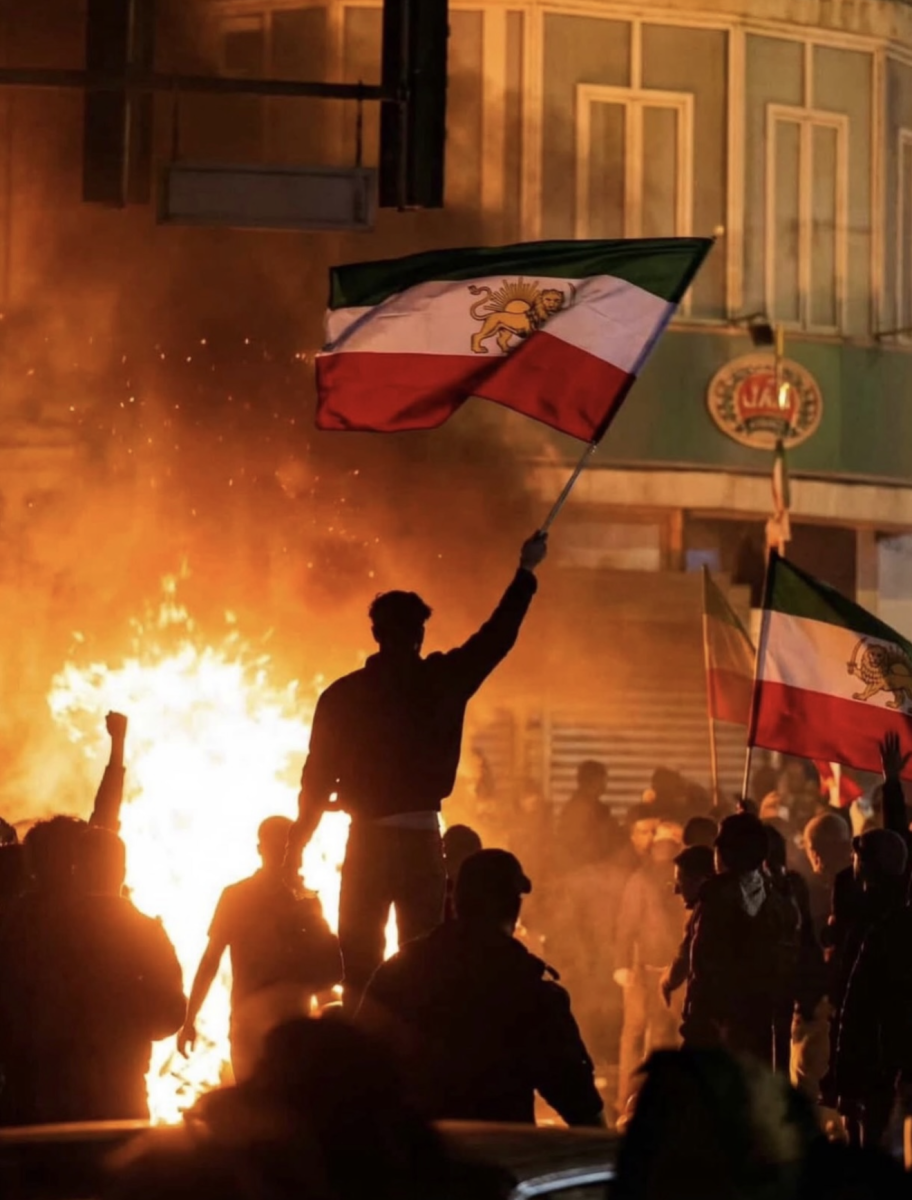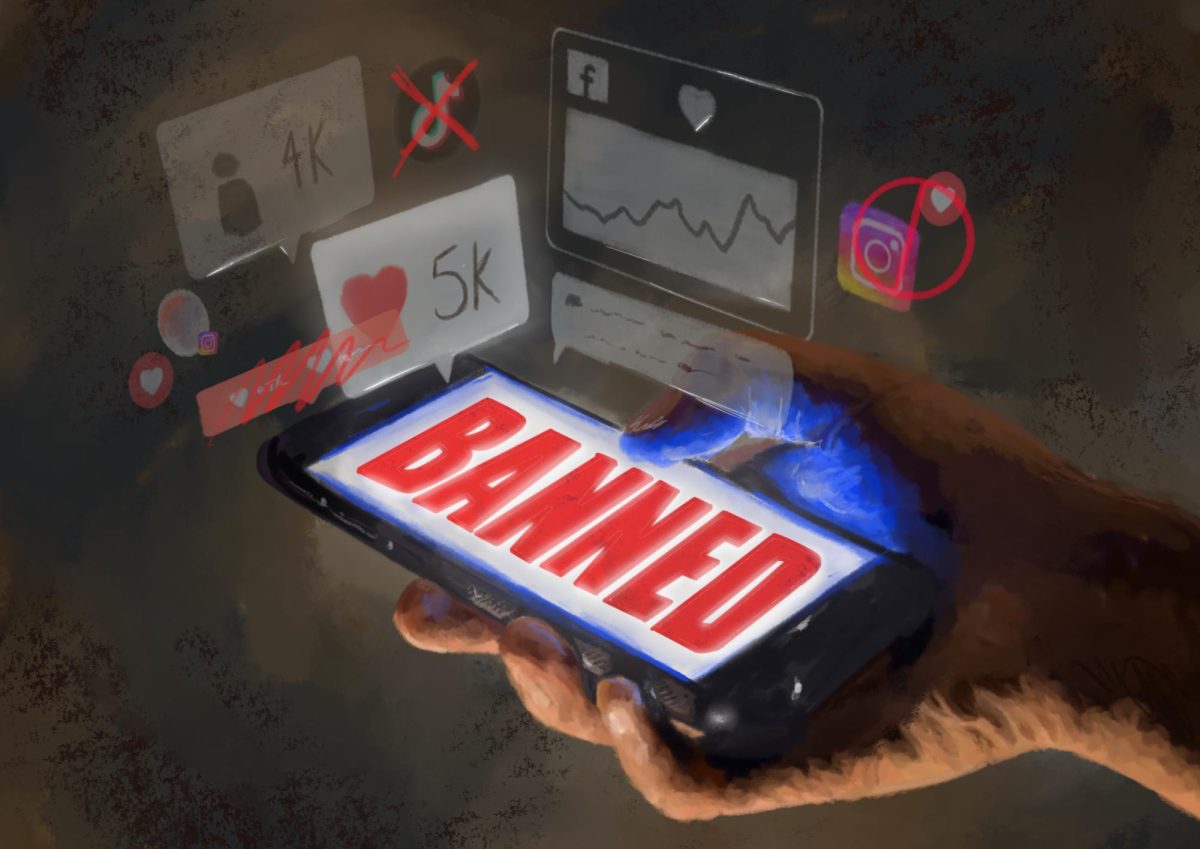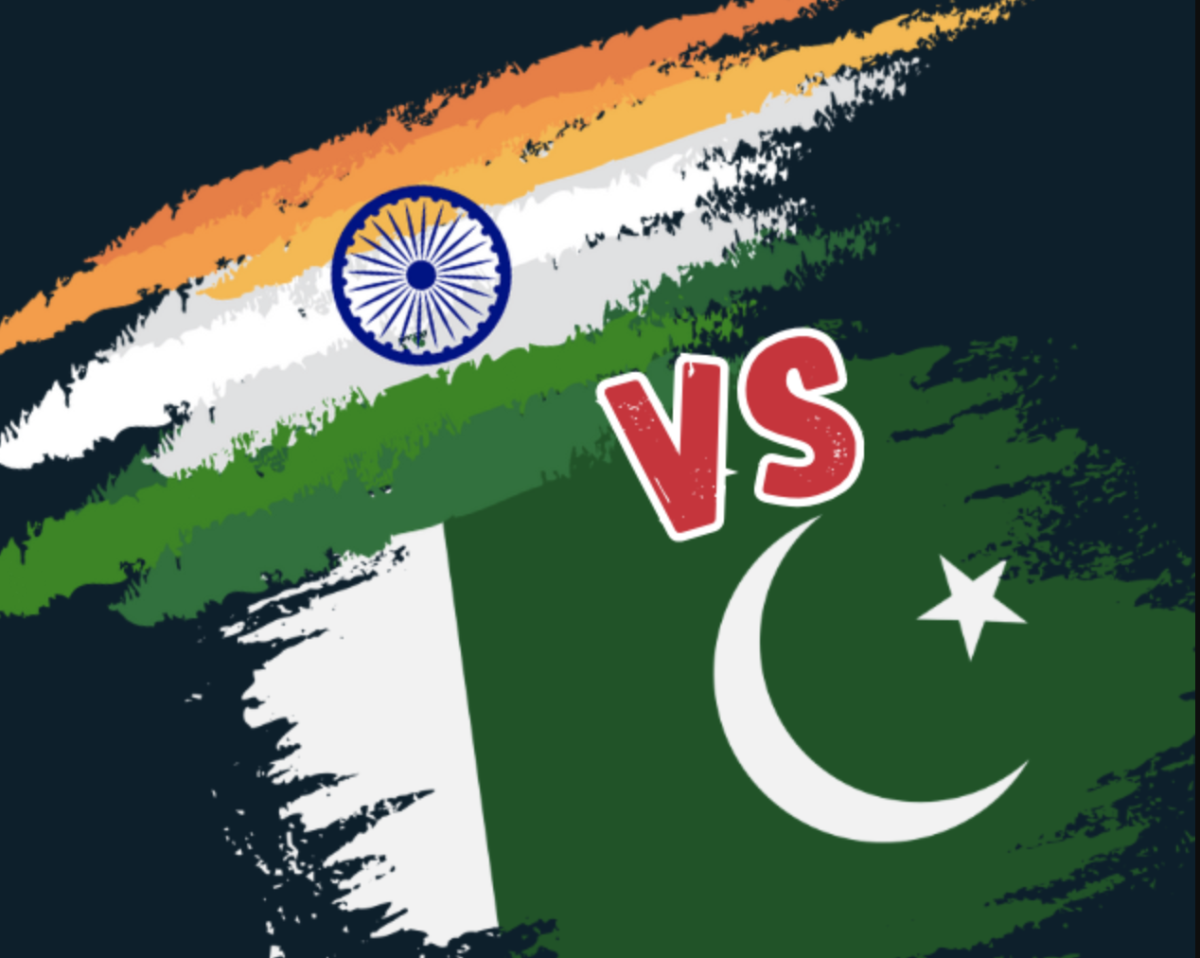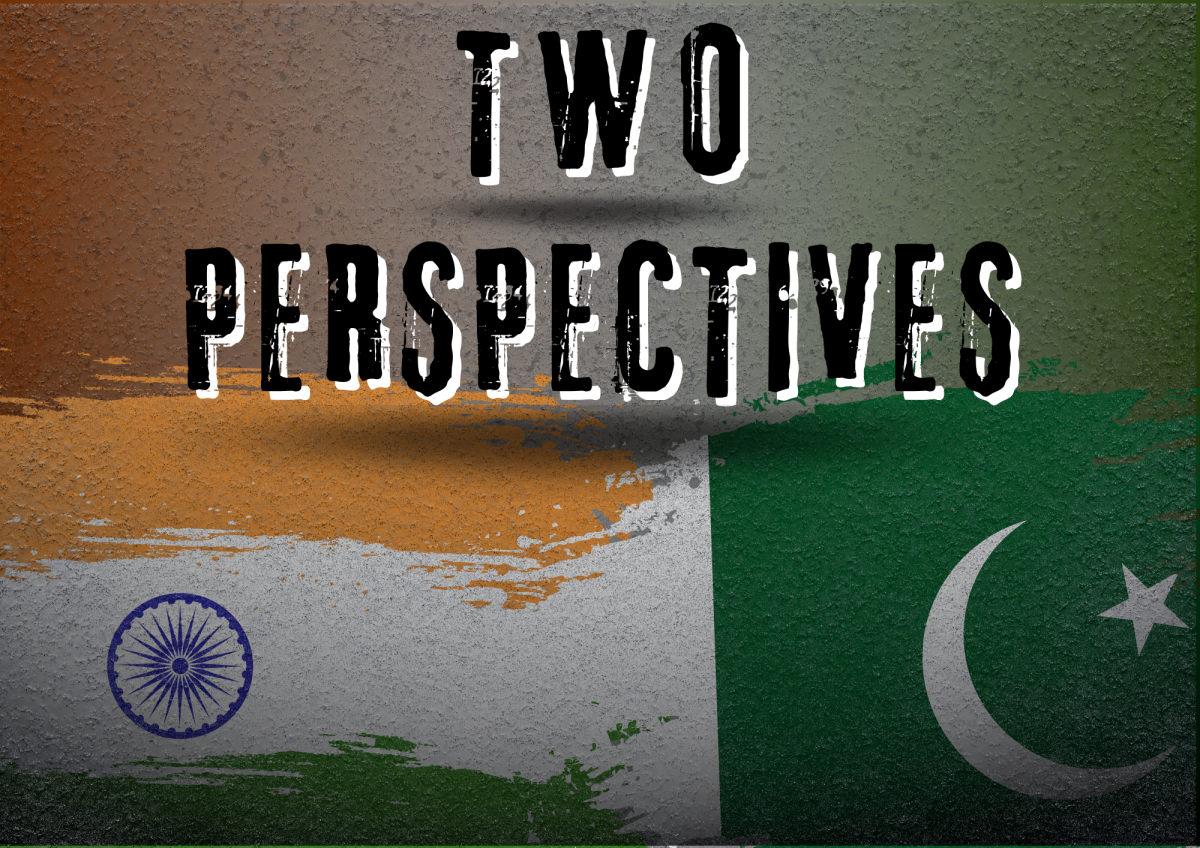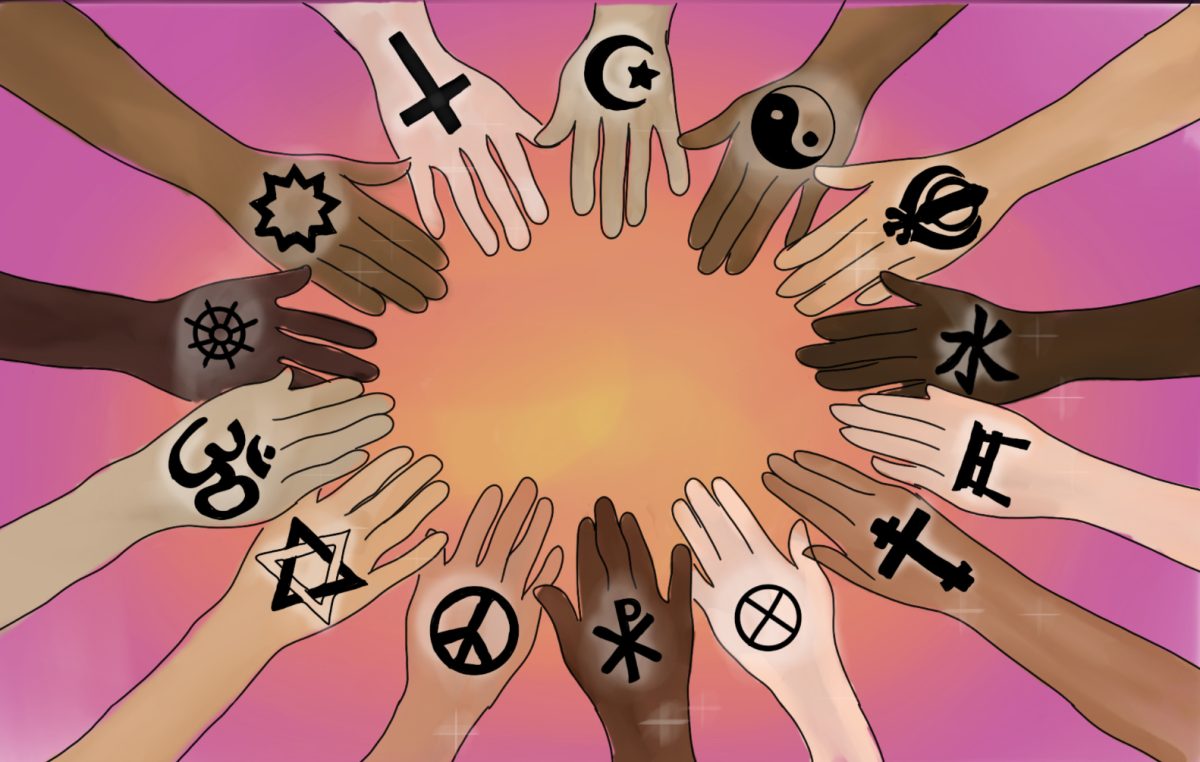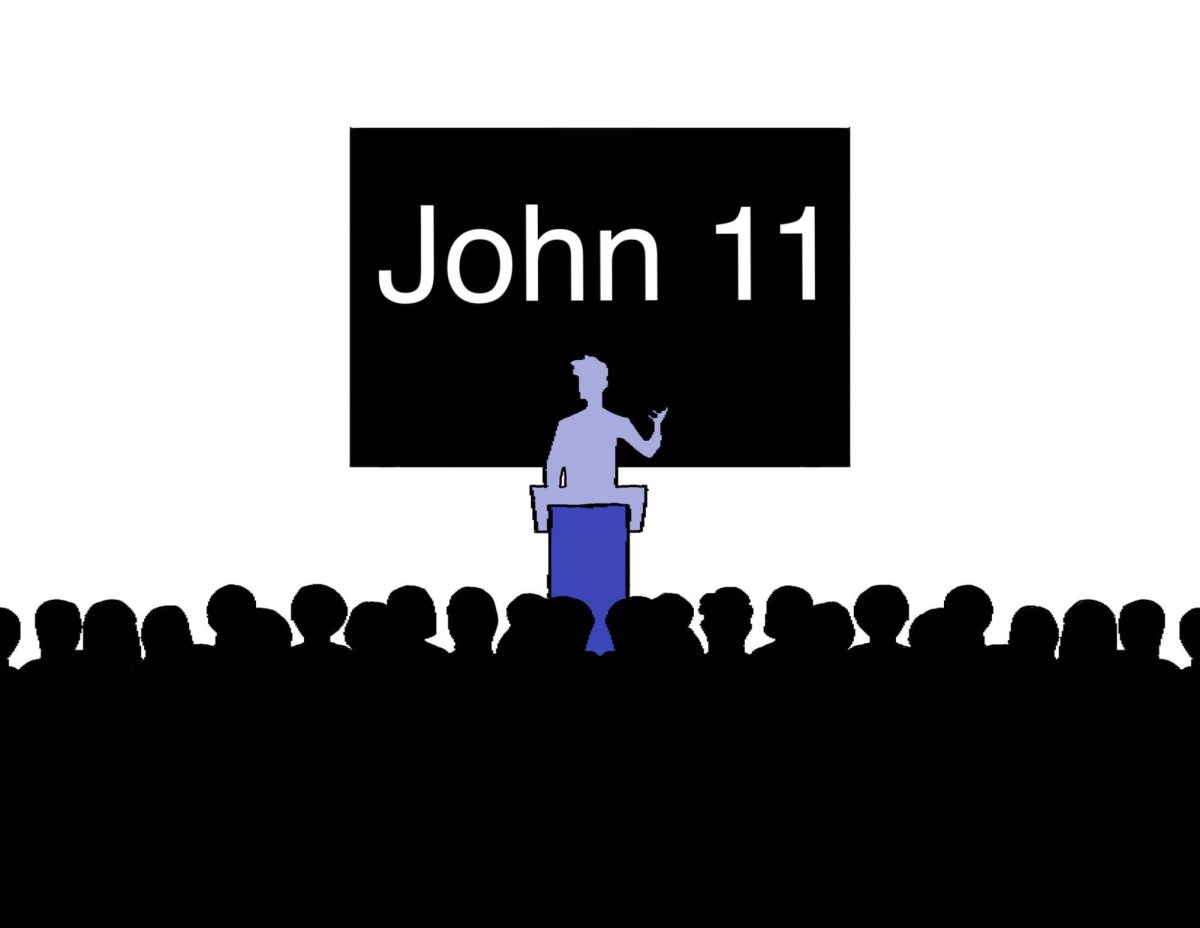We are currently living in a humanitarian crisis, people being starved, cities being reduced to rubble, and over 62700 people being killed. Entire cities being reduced to rubble overnight, while aid remains stranded at sealed borders. The Gaza war on the brink of genocide, and yet if history has taught us anything, its that wars rarely invent themselves from nothing, they recycle. Again and again, across centuries the same cycles repeat.
From Roman legions to medieval crusades, to colonial powers, history seems to repeat this same recurring storyline, a predictable cycle: nations watch, nations imitate, nations learn.
As war spreads, so does silence. When one government hesitates to intervene, other governments interpret it as a signal that action isn’t urgent. Alternatively, when one ally condones atrocity, others follow suit, either out of fear, self-interest, or their desire to align with the perceived consensus. This choreography of imitation is not new. It has run through every major conflict in history and is the backbone to the current Gaza Palestine war.
In Gaza, the world’s leaders are following the same familiar pattern, with news headlines showcasing the slow repetition of hesitation. When the Unites States signaled restraint, other nations – Germany, France, UK – mirrored the same caution, issuing measured statements rather than decisive intervention. Following intense international pressure, Germany temporarily restricted exports of certain weapons or military conflict to Gaza. While France and UK criticized the violence from afar, stopping short of meaningful sanctions. Leaders take their cues not from principles but from each other, as if waiting for someone else to make the first move.
This behavior follows a long history. In the 1930s, as Hitler tested the limits of Europe’s tolerance, silence was the common script. Britain hesitated, France waited, America looked inward. Each government mirrored the other’s reluctance until the machinery of genocide became unstoppable.
Pastor Martin Niemöller’s confession after World War 2 perfectly maps out this chain reaction “First they came for the socialists, and I did not speak out … Then they came for the Jews, and I did not speak out …” His words were not only about individuals but also nations. Leaders stayed silent because others stayed silent. Each delay was copied until nothing remained but regret.
The same cycle plays out beyond Gaza. Russia invaded Ukraine, and leaders debated while cities fell. In Sudan, famine and massacres unfolded with little global urgency, each government glancing sideways to see what others will do. In Bosnia and Rwanda hesitation was contagious, spreading like a plague from capital to capital until the killings were already done.
“Follow the leader” is no longer a children game, but a tragedy unfolding right before our eyes. This dangerous instinct ensures that the same mistakes are made again and again. Leaders copy not only the wars but the silence of other nations. The Gaza crisis is only the latest example in a lineage stretching back to ancient empires and intensified with World War 2.
Niemoller’s warning still whispers from the past: Silence repeated is complicity multiplied.






